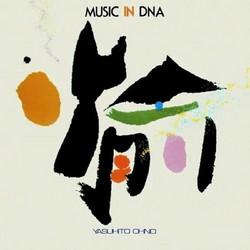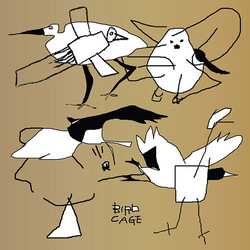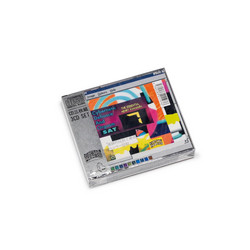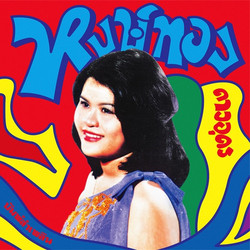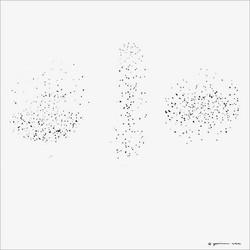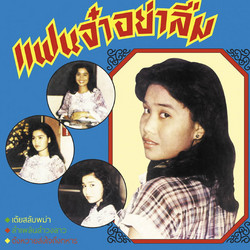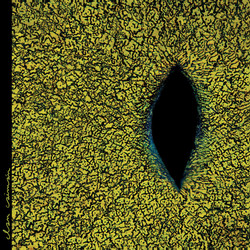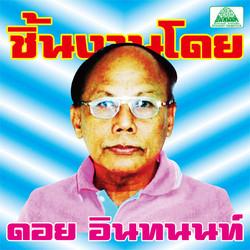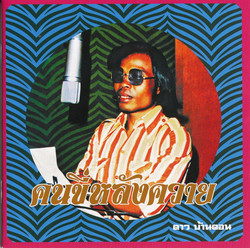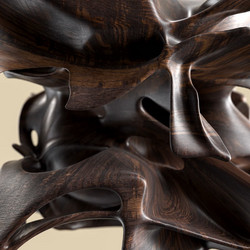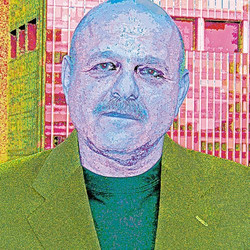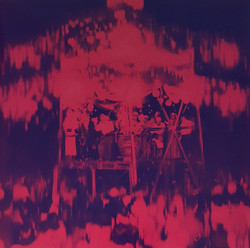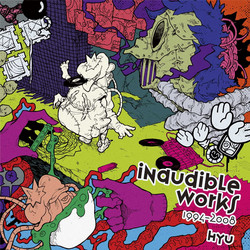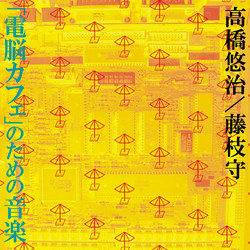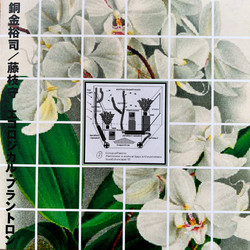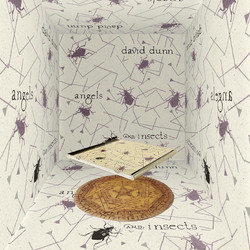1
2
3
4
5
William Eaton
Music By William Eaton
Mellow disc of tripped-out experimental acoustic-instrument pieces from composer/instrument designer William Eaton, reissuing a self-released 1978 lp of said. there’s more than a twinge of Fahey/takoma-lineage steel-string wrangling herein, albeit augmented with a certain Partch/Hans Reichel-ish sensibility and unusual recording techniques... but it stays pretty damn “easy on the ears” throughout.. "When I started building instruments, playing guitar took on a whole new dimension. The process of envisioning the design, drawing the plans, making templates, cutting, carving, and gluing revealed new insights about the construction, inner workings and physical mechanics of guitars and stringed instruments. From the conception to the birth of each instrument, new layers of meaning unfolded. During this time I sought out quiet natural environments to play and listen to the 'voice' of my 6-string, 12-string, 26-string (Elesion Harmonium) and double neck quadraphonic electric guitar. Deep canyons contained a beautiful resonant quality and echo. A star lit night with a full moon provided all the reflection and endless space by which to project music into the cosmos. The sound of a bubbling stream and singing birds added a natural symphonic tapestry to a melody or chord pattern. These were solo sessions where I felt integrally connected to all that was happening. As I perceived it, everything was participating in a serendipitous dance. Everything was part of the music. I decided to record an instrumental album of music. The idea was simple; it would be a series of tone poems with no titles or any information attached, only the words 'Music by William Eaton.' It was conceived as a limited edition of 1000 copies, with no more to be pressed. While some of the songs evolved out of composed chord progressions, most of the songs were played spontaneously, only on the occasion of the recording. These improvised songs haven't been played since." --William Eaton
Details
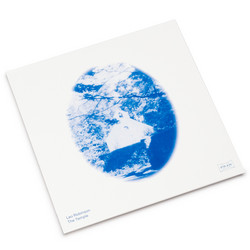
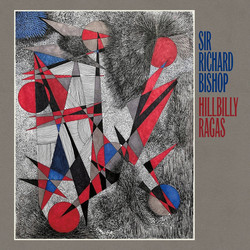
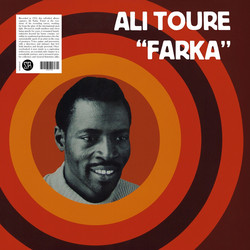
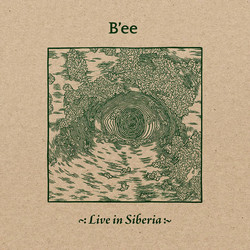
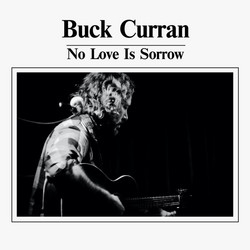
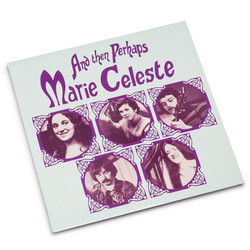
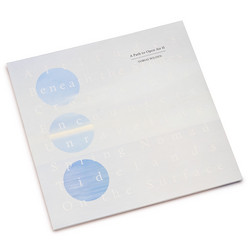
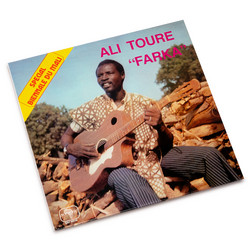
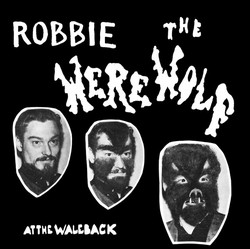
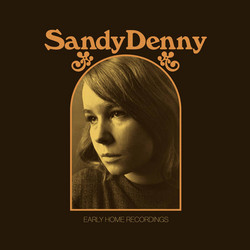
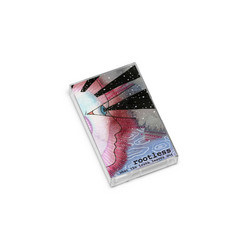
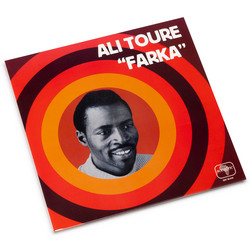
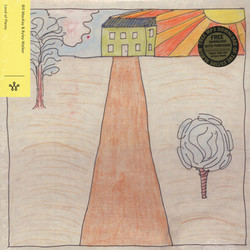
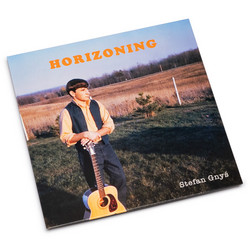
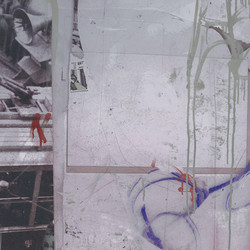
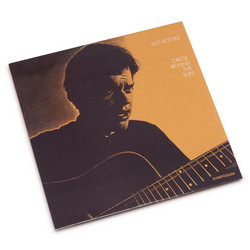
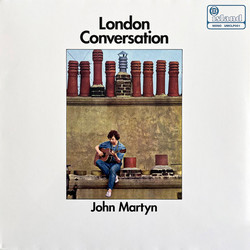
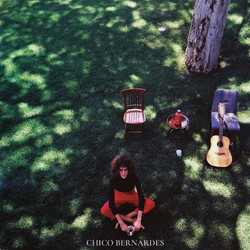
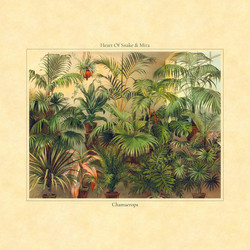
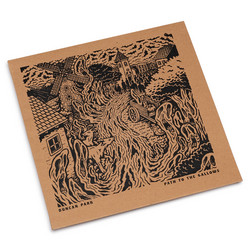
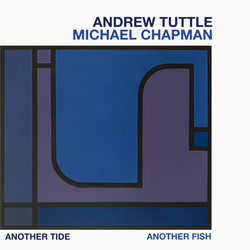
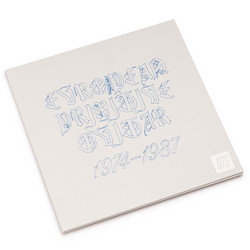
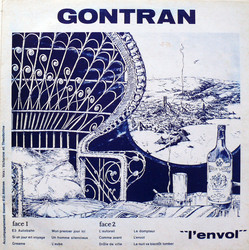
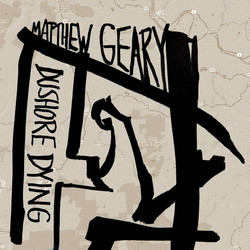
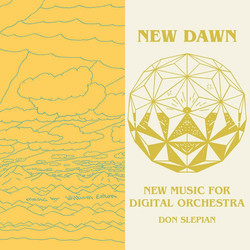
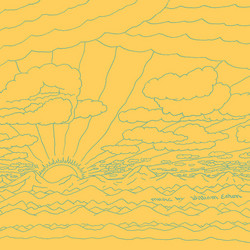
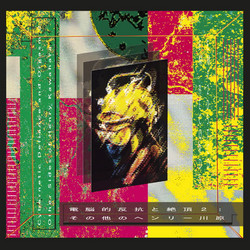

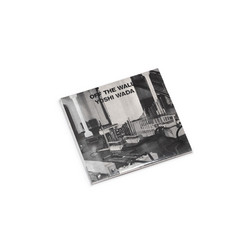
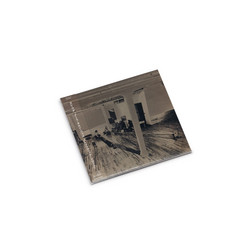
![Stealth [Gold Edition]](https://cdn.soundohm.com/data/products/2025-08/MzUtODYzNS5qcGVn.250.jpg)
